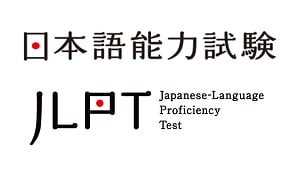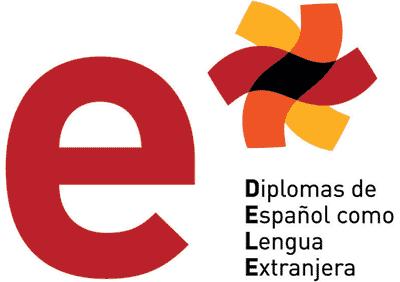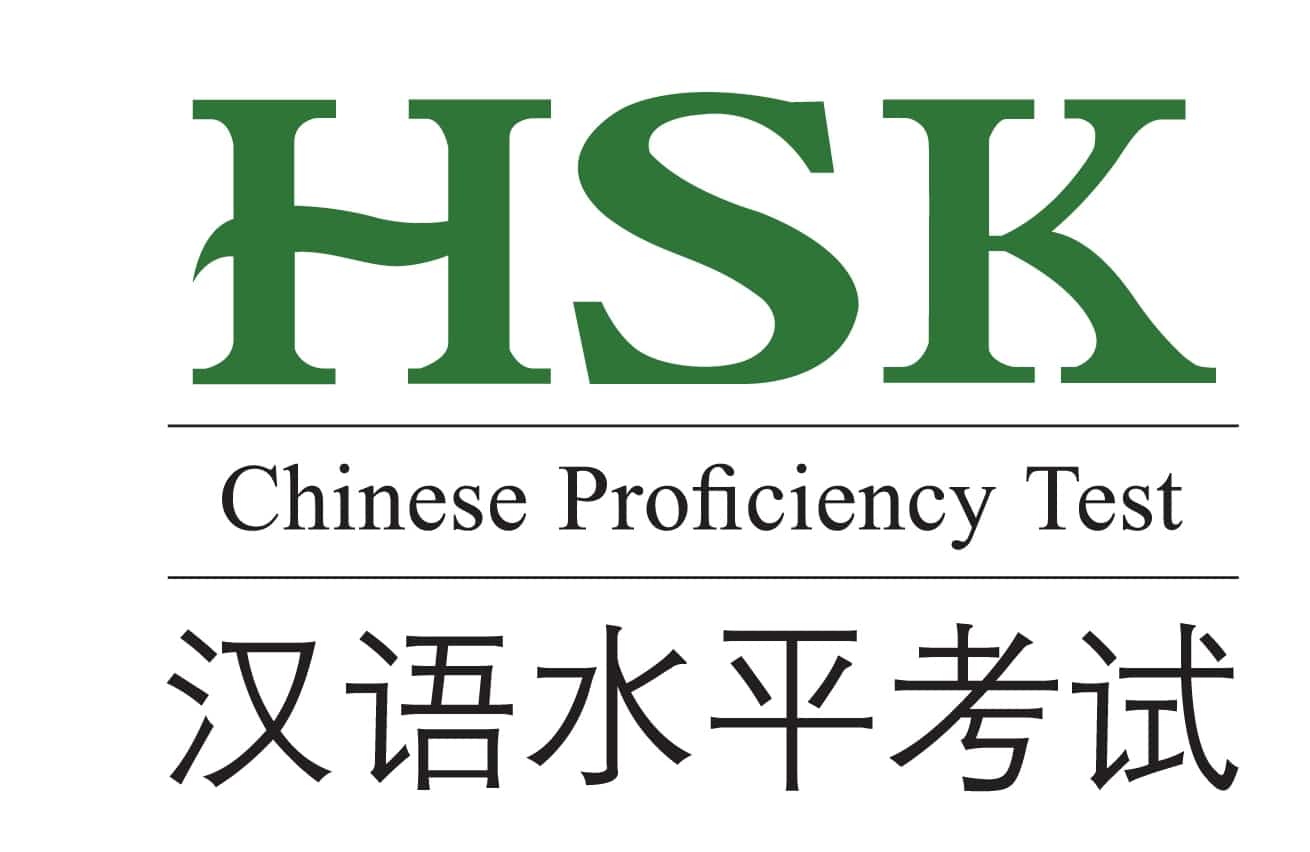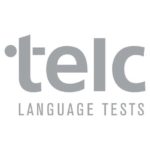
How to Prepare for Language Certification Exams
A language certification might be something to consider if you’re serious about the language you’re learning.
It proves not only to others but also to yourself that you’ve put in the long hours and seen the results.
If that sounds like your cup of tea, read on to find out what a language certificate can do for you, which ones you should consider, and how to go about obtaining one.
Contents
- 5 of the World’s Most Useful Language Certificates
- Why Go for a Language Certificate?
- How to Prepare for a Language Certificate Exam
- And One More Thing...
Download: This blog post is available as a convenient and portable PDF that you can take anywhere. Click here to get a copy. (Download)
5 of the World’s Most Useful Language Certificates
These are five of the world’s most recognized and useful certifications for languages. They aren’t by any means all the language exams that exist, so don’t feel distressed if you don’t see your target language represented or are interested in other options.
There are many other tests to measure language proficiency, including the DSH for German and the TOEFL for English, but this list covers a broad range of languages and should be helpful for seeing useful examples of what’s out there.
JLPT (Japanese)
The Japanese Language Proficiency Test measures ability from N5 (basic) to N1 (advanced). People who pass the N1 are said to have about the same linguistic ability as a native high school graduate. It’s offered at testing centers around the world, though usually only once or twice per year.
There are three sections: Language Knowledge (vocabulary and grammar), Reading and Listening. You won’t have to produce any written essays, nor will you have to sit through a spoken interview—but don’t let your guard down.
Just around 30 percent of applicants on average pass the N1 exam each year. So when you try for this Japanese certificate, make sure you can talk the talk and walk the walk.
DELE (Spanish)
The Diplomas of Spanish as a Foreign Language is administered by the Instituto Cervantes in Spain as a measure of European Spanish proficiency.
In the past few years, the Instituto Cervantes has worked with test centers in Mexico to design a more international test known as the SIELE, but the DELE still has a powerful presence. There are more than 1,000 test centers worldwide!
When you apply for the DELE, you need to pick one of the six CEFR (Common European Framework of Reference for Languages) levels from A1 to C2 as your test level. Each test has four sections that cover listening, reading, writing and speaking.
DELF/DALF (French)
Just like the DELE, these two exams are based on the CEFR scale of language proficiency. If you sign up for levels A1 through B2, you’ll apply for the DELF (Diplôme d’études en langue française).
At the C levels, the name simply changes to DALF (Diplôme approfondi de langue française). These French certificates are organized almost exactly like the DELE in Spanish. You simply sign up at any one of the hundreds of locations around the world.
Passing the C2 French exam is no walk in the park, but once you do you’ll be eligible for all kinds of benefits such as employment in the Francophonie, a job as a teacher or translator and access to French-language higher education.
HSK (Mandarin Chinese)
The Hanyu Shuiping Kaoshi, or “Mandarin proficiency exam,” is well known all over China. There are six levels of the test, ranging from knowledge of just a few hundred words and characters to many more.
Unlike some other exams, there are freely available vocabulary lists published for each level. There’s also no speaking section—you have to sign up for the separate HSK speaking exam if you want proof of oral Chinese proficiency.
But once you’ve passed HSK 5, you’ll be able to take ordinary Chinese classes surrounded by native speakers. And by HSK 6, you’ll have no problem reading or understanding Chinese that you see and hear around you every day.
TELC (several languages)
The European Language Certificates (TELC) is a German organization that offers a smorgasbord of languages and certificates to choose from. For major world languages like English and Spanish, you’ll be able to sit exams rated at any of the CEFR levels.
Other languages are just as important but don’t yet have one unified exam like the DELE or HSK. In this case, TELC also offers a limited selection of exams at the intermediate level that can serve as an important benchmark for your skills.
The exams are held in thousands of test centers worldwide, and the results are accepted as valid in just as many places.
As a German company, TELC works especially closely with the governments and businesses in the German-speaking regions of Europe—so if you’re looking to study or do business in these places, TELC may be a perfect option for you.
Why Go for a Language Certificate?
Have Your Skills Honestly Assessed by a Third Party
If you’re not sure why you should get a language certificate in the first place, keep reading.
It can be hard to really know where you’re at, especially if you’re a self-learner. Nobody likes trying to figure out how big their vocabulary is or going over the grammar charts for the dozenth time.
So standardized assessment can be an important reality check. If you self-assess at a high level but then can’t pass even an intermediate-level exam, it means there were some gaps in your knowledge that went undetected for too long.
Fixing those gaps is crucial if you want to really use that language in your life, and doing so will make you a better language learner overall.
Have a Quick Answer Ready for Questions About Your Language Ability
“How good is your Portuguese?”
“Well, I can read it without much trouble, but it’s kind of hard for me to follow the news—oh, and I did a homestay in Brazil three years ago…”
“What’s your Japanese level?”
“I passed the JLPT N2 exam last year.”
Which of the above scenarios do you like more? If you’re sitting in a job interview, a quick and decisive answer could be what makes the difference between acceptance and rejection.
The presence of a language certificate on your resume is the quickest answer of all.
Be Eligible for Employment, Study or Immigration
Some places set a hard limit on accepting applicants based on how well they can speak a language. No matter how good your other credentials are, you’re not getting in that door without proof of a certain language level.
In Germany, for instance, many university programs require proof of a B2 or C1 level. Universities in China generally require about the same—around an HSK 5 level, to be exact.
In Japan, if you manage to pass the JLPT N1, you prove to the government that you’re able to use Japanese at an extremely high level and easily function in the business world. That goes a long way towards getting you a coveted skilled worker visa.
Basically, if you’d like to live and work in another country, chances are you’re going to have to demonstrate your language ability with a certificate of some sort.
How to Prepare for a Language Certificate Exam
Ok, so you’ve decided that you want to take an exam and have decided on which one. Here’s a quick rundown on how you can prepare for it.
Take a Look at Previous Exams
Exam agencies often publish mock exams, older questions or practice tests for you to prepare. Some are in book form, and some are even online.
DIALANG is a great one-stop resource for finding practice tests in a ton of languages. They’re modeled after the standard exams used in Europe like the DALF and DELE. Your results here are likely to be a good diagnostic for what level exam you should take.
Another way to find practice material is by checking the websites of test centers or places that offer exam prep classes. Here’s an example from the HSK center at the University of Manchester.
If you don’t know what you’re going to be tested on, you’re probably not going to do well. As much as the designers of the test try to make it reflect real-world language use, it’s necessarily going to be a little bit artificial for the purposes of grading.
Just knowing your target language well never guarantees a solid score. You need to be prepared for the technicalities of each exam section—and, of course, you’ll need to know how to follow the exam instructions in the target language!
Read Nonfiction Articles from Different Sources
The reading portion of standardized language exams is almost always nonfiction. Fiction reading is extremely important for your vocabulary development, but when you study for a test you need to get used to the type of writing you’ll encounter on that test.
That means you should be extremely comfortable reading “easy” news articles in your target language, such as those found on news sites like NHK World in many languages.
But beyond just news, you should be able to read different types of nonfiction. Can you follow the main arguments of opinion pieces? How about understanding the flow of step-by-step instructions or the pros and cons in a product review?
These are just a few of the writing genres we encounter every day in our native languages. If you want to excel at the reading comprehension section—a component of every exam—you’ll need to be familiar with all of these and more.
Ditch Your Headphones
Although all the exam centers prepare the same test for you, the conditions for the listening part can be completely haphazard. It’s entirely possible that you’ll be asked to do the listening exam in an echo-y room with construction going on outside. If you’re used to headphones or earphones with clear sound, this can be a huge change!
What you can do is practice with computer speakers in a variety of environments. You can even try listening to different kinds of audio featuring native speakers. That way, you can really hone your ears to how the language is spoken in different cadences and situations.
The more you listen to all kinds of listening material, the better prepared you will be for whatever examiners throw at you.
Fortunately, there are plenty of learner-tailored audio resources. For example, you can try the language learning program FluentU. Because each clip has interactive subtitles and exercises, you can get fast feedback on your listening.
FluentU takes authentic videos—like music videos, movie trailers, news and inspiring talks—and turns them into personalized language learning lessons.
You can try FluentU for free for 2 weeks. Check out the website or download the iOS app or Android app.
P.S. Click here to take advantage of our current sale! (Expires at the end of this month.)
Fine-tune Your Writing with a Tutor
When was the last time you challenged yourself to write something difficult in your target language? It’s not something self-learners often do.
And in fact, it’s actually not necessary for all the exams I mentioned or all the exams out there. At lower and intermediate levels, the JLPT and HSK don’t test your composition skills at all—the writing section of those exams is multiple choice.
But the fact remains that for an advanced language certificate, you had better be able to write well in your target language. The best way to study writing is to write and get feedback. Some people are lucky enough to have good friends or colleagues that can give them tips on their writing.
Even better than that, though, is a tutor who has successfully coached exam candidates in the past. You want a tutor with a proven track record in getting students the language certificates they want.
Now that you’ve taken a look at some of the major language certificates out there, what do you think?
Do you want to join the ranks of millions of people around the world who have sat and passed exams in their target language—proving their ability to themselves and others?
There’s no better time than now to start preparing.
Get your hands on a copy of a practice exam, read some online articles, browse through some tutor listings—and be on your way to your first language certificate of many.
Download: This blog post is available as a convenient and portable PDF that you can take anywhere. Click here to get a copy. (Download)
And One More Thing...
If you dig the idea of learning on your own time from the comfort of your smart device with real-life authentic language content, you'll love using FluentU.
With FluentU, you'll learn real languages—as they're spoken by native speakers. FluentU has a wide variety of videos as you can see here:
FluentU has interactive captions that let you tap on any word to see an image, definition, audio and useful examples. Now native language content is within reach with interactive transcripts.
Didn't catch something? Go back and listen again. Missed a word? Hover your mouse over the subtitles to instantly view definitions.
You can learn all the vocabulary in any video with FluentU's "learn mode." Swipe left or right to see more examples for the word you’re learning.
And FluentU always keeps track of vocabulary that you’re learning. It gives you extra practice with difficult words—and reminds you when it’s time to review what you’ve learned. You get a truly personalized experience.
Start using the FluentU website on your computer or tablet or, better yet, download the FluentU app from the iTunes or Google Play store. Click here to take advantage of our current sale! (Expires at the end of this month.)












